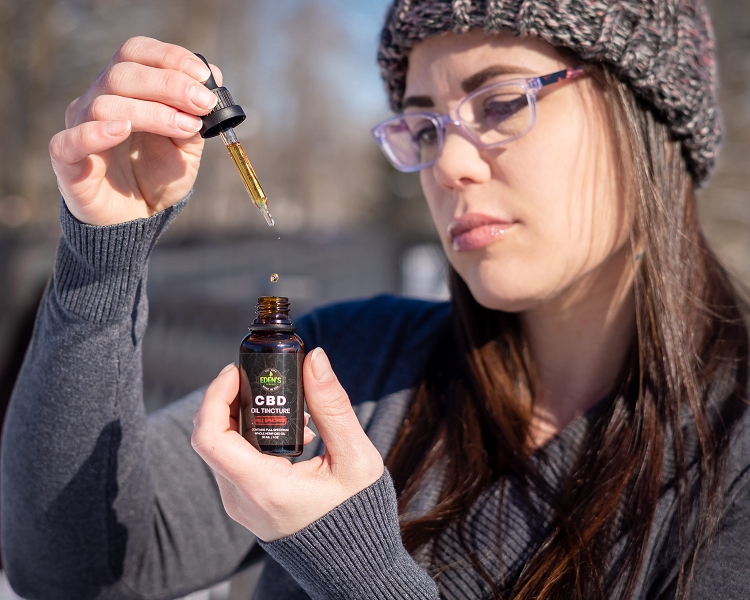 If CBD oil isn't giving you the relief you were hoping for, you just might just be doing it wrong.
If CBD oil isn't giving you the relief you were hoping for, you just might just be doing it wrong.
There's a reason why microdosing is becoming a popular method for taking CBD. If you're looking for sustained benefits or relief over an extended period of time, microdosing might be your answer.
There are many ways to use CBD, including via tablets, capsules, balms, creams, edibles, and more. Conventional wisdom will tell you to take these products once or twice a day. While this method works for most people, it's not the only way to do it.
It might not even be the best way!
What is Microdosing?
Microdosing has been around for ages, but first came to popularity with drugs like LSD.
The idea is to take low amounts of a substance on a regular basis. Proponents believe this can yield benefits greater than when taking the substance in the traditional way.
Many artists and creative figures swore by microdosing LSD. some studies indicate that it can enhance creativity. Anecdotal reports have also noted the benefits of microdosing cannabis. Particularly among those who use medical marijuana. These patients report that it helped them overcome certain medical conditions.
Some studies have found that microdosing can help people overcome many physical and emotional challenges.
Now knowing the general benefits of microdosing, let's take a closer look at CBD's purported benefits.
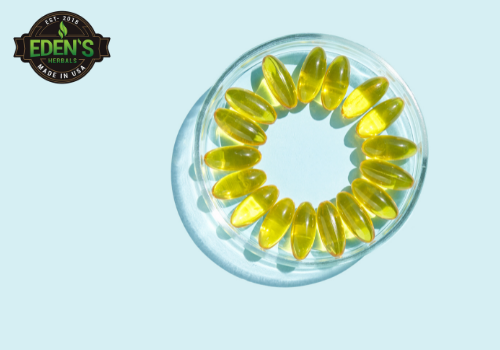 The Theory Behind Microdosing CBD
The Theory Behind Microdosing CBD
CBD microdosing could be beneficial for several reasons. It can provide a low-dose benefit over an extended period. Done properly, microdosing is similar to taking a drug intravenously, like an IV.
Microdosing provides a steady amount of the compound throughout the day. This would allow the positive effects of CBD to build upon each other.
At the same time, microdosing can actually lower the negative side effects that some people feel when taking CBD. CBD's side effects are rare, mild, and tolerable, but for those who are affected by them, they can be uncomfortable.
They can include an upset stomach, dizziness, nausea, lightheadedness, and fatigue. Taking lower doses of CBD may lower the drug's negative and problematic impact on your body, making your experience more pleasant and making the side effects less noticeable.
If you have tried CBD but didn't like the side effects, microdosing might solve your problem.
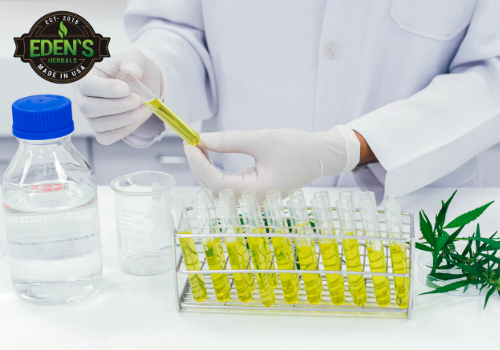 Studies on Microdosing CBD
Studies on Microdosing CBD
CBD is relatively new to the legal marketplace, having only become federally legal in late 2018.
As such, there are not many studies specifically focused on microdosing CBD. However, there have been some studies on the effects of microdosing CBD and THC together, and those studies have yielded some positive results.
One study from 2005 found that microdosing CBD could slow the progression of heart problems in certain animals. Other studies and anecdotal reports involving THC and CBD have been more clear: A 2020 study found that microdosing marijuana that contained THC could help alleviate pain.
A 2014 study determined that microdosing cannabinoids - including CBD - could reduce PTSD-like symptoms. That study showed how CBD can help with emotional disorders, particularly if it is microdosed.
While these studies are encouraging, more research would help to solidify these findings.
Is Microdosing CBD Safe?
If you are worried about the safety and efficacy of microdosing CBD, here are some things to keep in mind.
First, and very importantly, it is not possible to overdose on CBD. According to a variety of reports, CBD has no psychoactive properties, as long as the THC levels in it remain below .3%, which is what is required of the compound to be legally sold in the United States.
Furthermore, there have been no documented reports of overdoses on CBD, and most believe that this is not possible.
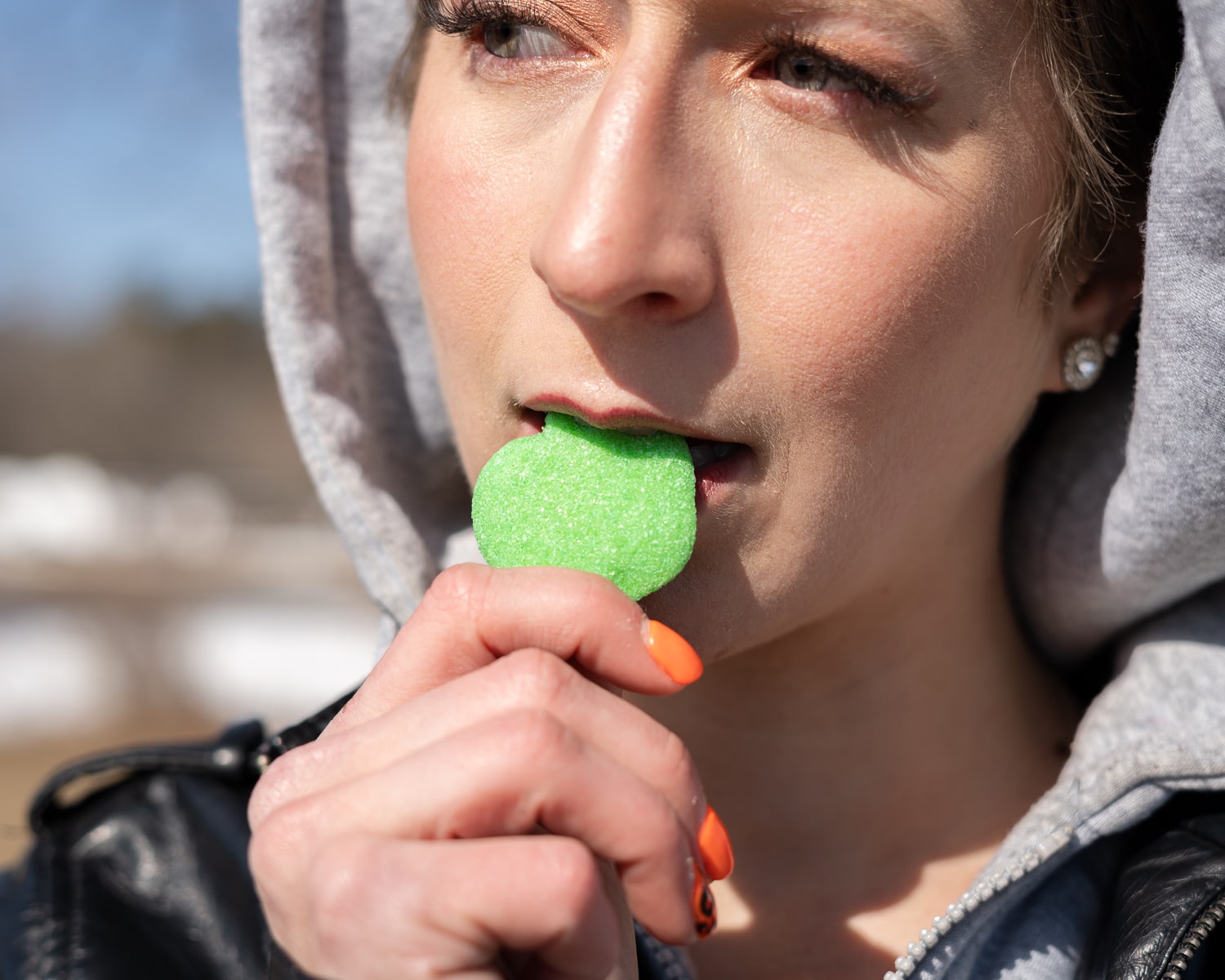 How to Microdose CBD
How to Microdose CBD
By now, you may be convinced that microdosing CBD is right for you. This begs an important question: Just how can you do it?
Everyone responds differently to CBD use based on a variety of factors, including experience with cannabis products, height, weight, metabolism, and more. Furthermore, different products will have different strengths, and this can alter how much of a dose you need in order to microdose.
So, what's the best bet?
Start slow: Using a tincture, take a dose or two of CBD every hour or two. Track the results, and see if it makes a difference. Do you find yourself more clear-headed, less anxious, or in less pain?
If so, keep going. If not, try increasing the amount of CBD you consume, or consider buying a stronger dosage.
Another popular method; take your normal CBD dose and cut it in half, taking it twice a day, or take it four times a day and cut the dosage into 1/4. This means that you won't consume more CBD - just the same amount of CBD over a longer period of time.
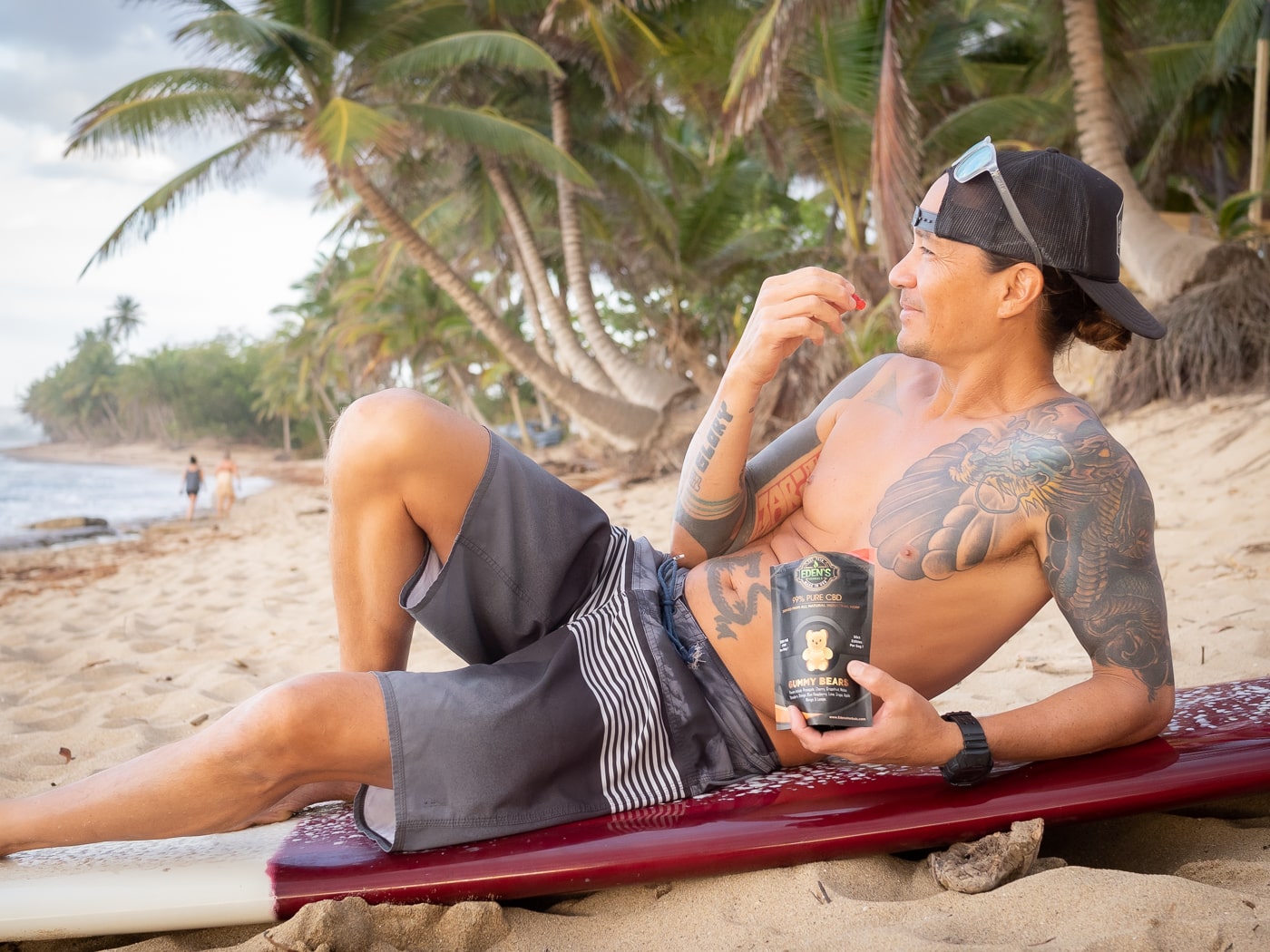 Final Thoughts
Final Thoughts
While CBD is known to be very safe, you should always speak with your doctor before taking CBD - microdosing, or otherwise - just like you would before starting any other supplement. Your doctor may be aware of additional research that could help you determine if taking CBD is right for you.
Furthermore, there are some concerns about CBD and drug interactions, and your doctor will be aware of what medications you are on and if these drugs present any potential problems for you.
Microdosing CBD seems to be worth a try, as the research conducted thus far suggests that it's a great method for taking CBD and achieving a physical or emotional benefit from the compound.
Are you interested in microdosing CBD and want to learn more? Contact Eden's Herbals at support@edensherbals.com


